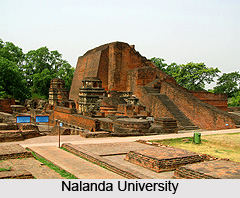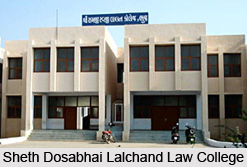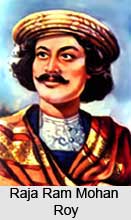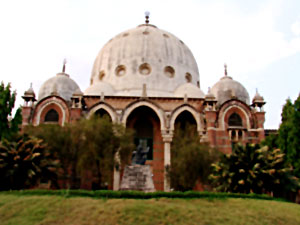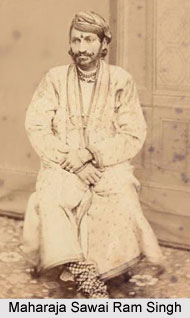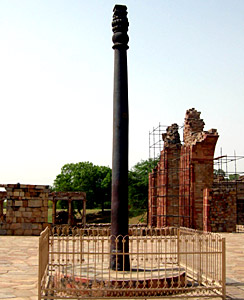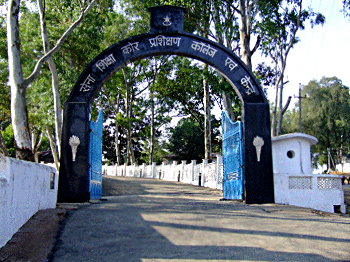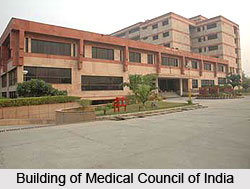 The Medical Council of India (MCI) is a constitutional governing body in India for maintaining uniform standards of higher education in medicine and for granting recognition of medical qualifications in India and abroad. The institution was established in the year of 1934, under the Indian Medical Council Act, 1933. However, as there was a phenomenal growth in medical education in India after independence, the authorities felt that the provision of Indian Medical Council Act were not adequate to meet the new challenges. In order to fulfill the inadequacy, the Indian government repealed the Indian Medical Council Act, 1933 and enacted a new act, named Indian Medical Council Act, 1956. The Indian government further amended the act in the years of 1964, 1993 and last in 2001.
The Medical Council of India (MCI) is a constitutional governing body in India for maintaining uniform standards of higher education in medicine and for granting recognition of medical qualifications in India and abroad. The institution was established in the year of 1934, under the Indian Medical Council Act, 1933. However, as there was a phenomenal growth in medical education in India after independence, the authorities felt that the provision of Indian Medical Council Act were not adequate to meet the new challenges. In order to fulfill the inadequacy, the Indian government repealed the Indian Medical Council Act, 1933 and enacted a new act, named Indian Medical Council Act, 1956. The Indian government further amended the act in the years of 1964, 1993 and last in 2001.
According to the Indian Medical Council Act, 1956, the main objectives of the Medical Council of India (MCI) are to maintain uniform standards of medical education, both undergraduate and postgraduate. It gives permanent registration and provisional registration to the doctors. Apart from that, the Indian Medical Council also has the authority for maintaining reciprocity with foreign countries in the matter of mutual recognition of medical qualifications, registration of additional qualifications and issue of Good Standing Certificates for doctors going abroad to Commonwealth countries.
The Section 3(1) of Indian Medical Council Act, 1956, refers that the Medical Council of India should contain the following members: one member from every state having the nomination by the Central Government, one member elected by the Senate of University who is also one of the members of University`s medical faculty, and one member from every state of India where the State Medical Register is maintained. The act also states that all the members should be elected by persons inscribed in the medical register and they should have the medical qualifications included in Part-II of the Third Schedule or in the First and Second Schedule. The MCI has 7 members, who have the medical qualifications included in Part I of the Third Schedule and it also has another 8 members, who are nominated by the Central Government. The President and Vice-President of the Medical Council of India (MCI) are usually elected by the members of Council from amongst themselves.
The Medical Council of India (MCI) performs a number of important functions in order to achieve its goals. The MCI has celebrated its platinum jubilee year in 2008 and for celebrating this occasion, the MCI has launched a new service called MCIonline. The MCIonline is actually an online application system for various certificates issued by the MCI. The MCIonline is also a continuation of the numerous pioneering initiatives in the field of development and monitoring of Medical Education in India by Medical Council of India (MCI). The President (acting) of MCI, Dr. P.C. Kesavankutty Nayar dedicated the new service to the nation.
The MCI online is a special facility for all the qualified medical professionals in India, who can apply for a number of certificates covering Registration, Additional Qualification, Good Standing, Temporary Registration and IMR Certificate(s) online through this website. The MCI has also launched this website for tracking the status of application online that have been submitted to Medical Council of India. The visitor can also choose the application that he/she is interested in applying and proceed by entering all the details required as part of the application, at MCIonline.
